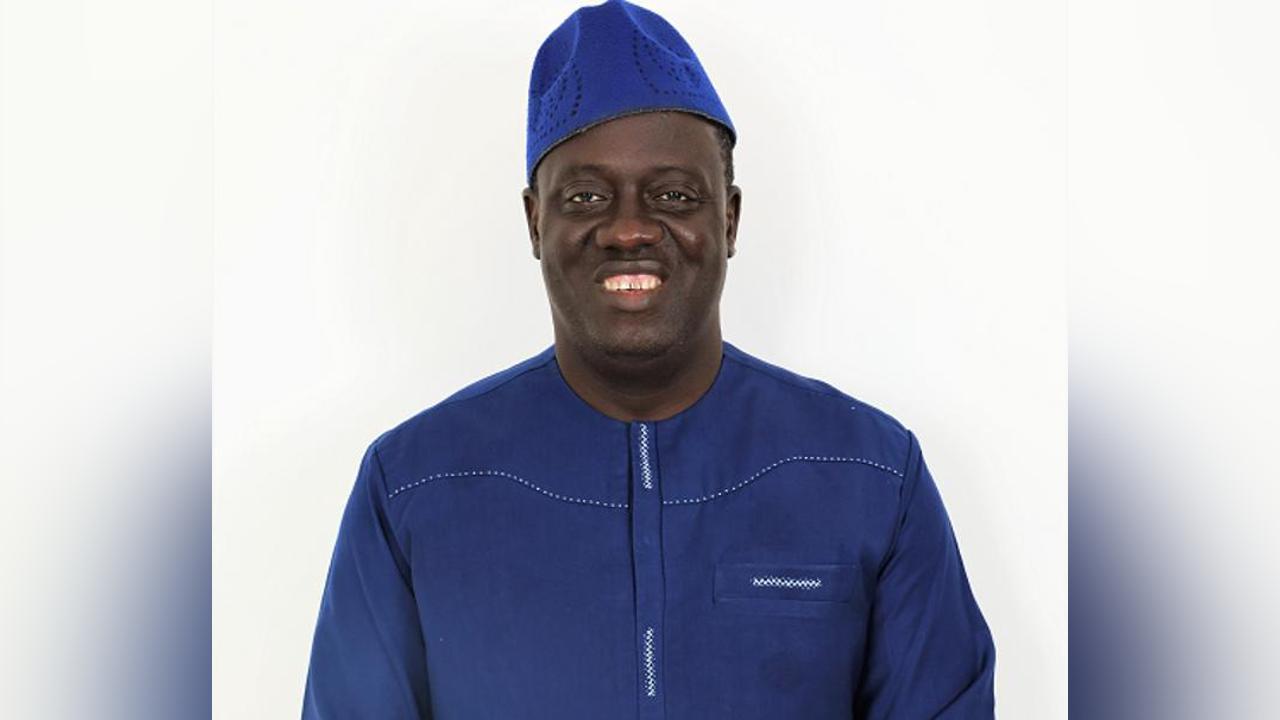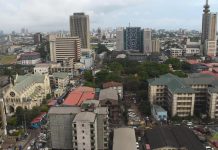Africa-Press – Gambia. The government has dismissed claims of unlawful removal of former Auditor General Modou Ceesay, insisting that he voluntarily relinquished his post after accepting a cabinet appointment.
In a statement of defence filed before the Supreme Court on 20th October 2025, the State Law Office responded to a lawsuit brought by Mr. Ceesay against the Attorney General and the Inspector General of Police, challenging the circumstances surrounding his departure from office.
The defence is supported by an affidavit sworn by Mod K. Ceesay, Chief of Staff and Minister for Presidential Affairs, who said he was fully authorised to speak on behalf of the defendants. He affirmed that the facts presented in the document were true to the best of his knowledge.
According to the State, the former Auditor General was not removed by the President but ceased to hold office after he accepted his appointment as Minister of Trade, Industry, Regional Integration, and Employment on 10th September 2025. His acceptance, officials say, was based on his qualifications in finance, investment, and public administration, and was acknowledged with appreciation during discussions with the President.
The defence states that Mr. Ceesay never declined the ministerial role and was therefore required to vacate the Auditor General’s office, following the appointment of Cherno Amadou Sowe to the position on the same day. However, they argue that he continued occupying the office, preventing his successor from taking up his duties.
On allegations of interference in audit operations, the State strongly denies any form of presidential involvement in the internal affairs of the National Audit Office (NAO), maintaining that the President has upheld the independence of the institution.
The defence also responds to complaints over restricted access to audit information. Government lawyers argue that limitations placed on access to the National Food Security Processing and Marketing Company were tied to banking confidentiality, following concerns that the auditor sought access to personal banking details without proper authorisation. Similarly, the refusal by the Gambia Revenue Authority to release its full taxpayer database is said to be supported by law protecting taxpayer confidentiality.
The State further disputes claims that the former Auditor General was forcibly removed from office, asserting that neither the President nor the Police Chief ordered such action.
In their memorandum to the Supreme Court, the defendants have raised two key questions for judicial determination: whether Mr. Ceesay was ever formally removed by the President, and whether he could legitimately remain in office after accepting a ministerial position and the appointment of a successor.
The government intends to rely on provisions of the 1997 Constitution, along with the National Audit Act 2015, Banking Act, and Income and Value Added Tax Act, as part of its legal defence. Exhibits include official letters of appointment and acceptance, a State House press statement, and a media post from What’s On–Gambia.
The Supreme Court is expected to set a date for the next hearing as the case continues to attract public and governance interest.
For More News And Analysis About Gambia Follow Africa-Press






